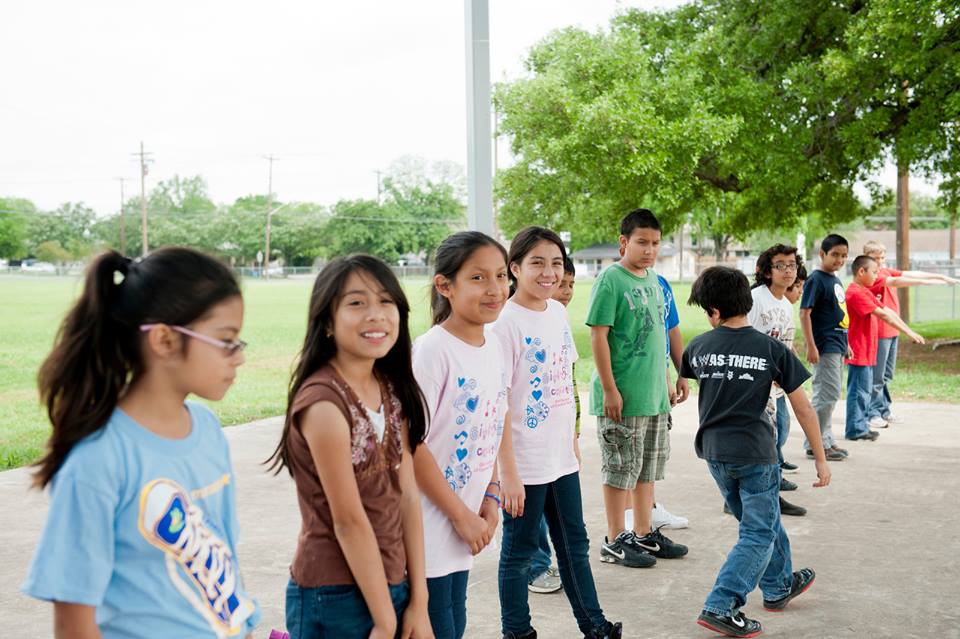 Go! Austin/Vamos! Austin (GAVA) photo
Go! Austin/Vamos! Austin (GAVA) photo
EHF is announcing $3.1 million in grants to help organizations across Texas work with community members to become advocates for health and adopt new ways of solving health-related problems in their neighborhood. These new grants support groups working with low-income residents and neighborhoods in need across the state.
“If we’re really going to find solutions to the complex health challenges confronting Texans most in need, then we have to get their input on what has to change,” said Elena Marks, EHF’s president and CEO. “The changes needed to improve health go far beyond only getting access to a doctor. That’s why these grants are helping community members become leaders who push for new ideas that address the underlying neighborhood conditions that contribute to poor health.”
EHF’s $3.1 million investment includes:
- $675,000 to Avenue Community Development Corporation in Houston to support community health through resident engagement, leadership development and education to shift policy and make changes to improve well-being across Houston’s Northside neighborhoods
- $199,915 to Bastrop County Cares to plan and design the Bastrop Community Resource Network that will activate trained volunteers to improve the underlying, non-medical community conditions that affect the health of residents throughout Bastrop County
- $124,700 to Communities for Better Health in Houston to strengthen the ability of the Acres Homes community and the Acres Homes Health Action Team to equip residents with the knowledge, skills and tools needed to rejuvenate their neighborhoods to be healthy and sustainable
- $450,000 to Go! Austin/Vamos! Austin (GAVA) to build community leadership and partnerships to improve health outcomes by focusing on addressing the root causes of poor health
- $400,000 to Local Initiatives Support Corporation in Houston to provide health equity leadership training that will help neighborhoods in need learn how to work with healthcare systems and also with other organizations that address the non-medical, underlying causes of poor health in their neighborhoods
- $249,300 to Mi Familia Vota in Greater Houston to train youth leaders to promote health and wellness in their communities
- $717,200 to Neighborhood Recovery CDC in Houston to work with residents and multi-sector partners in South Central Houston to raise voices to address the non-medical, underlying community conditions that contribute to poor health
- $65,000 to Northeast Texas Public Health District in Tyler to support residents to achieve improved behavioral health through a coordinated system of partners and begin the design of projects to address specific health issues
- $60,000 to Texas Interfaith Center for Public Policy in Austin to equip congregation-based community health leaders with skills needed to influence public policy on behalf of vulnerable and marginalized people across Texas
- $250,700 to Young Invincibles in Houston to train young adults across Texas to become community health leaders who educate their peers, healthcare organizations, and communities on healthcare options and advocate for policy changes to benefit affordable access to care for all communities